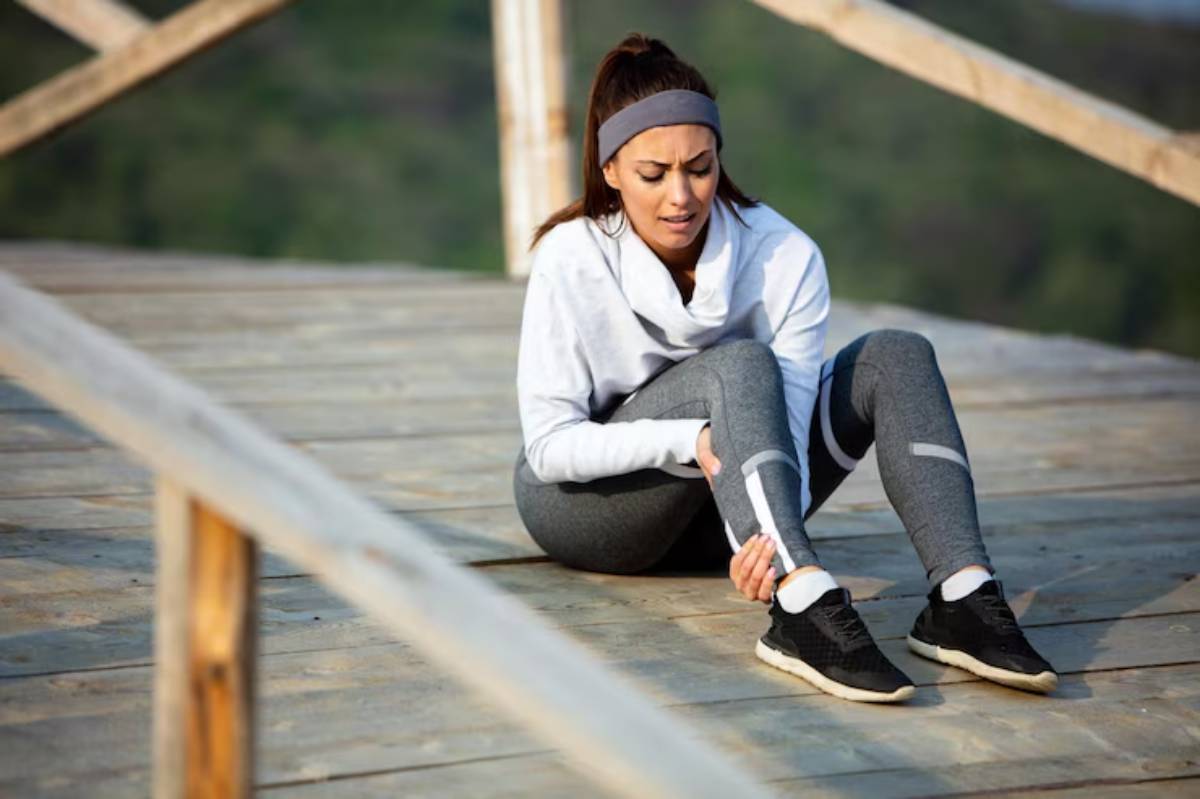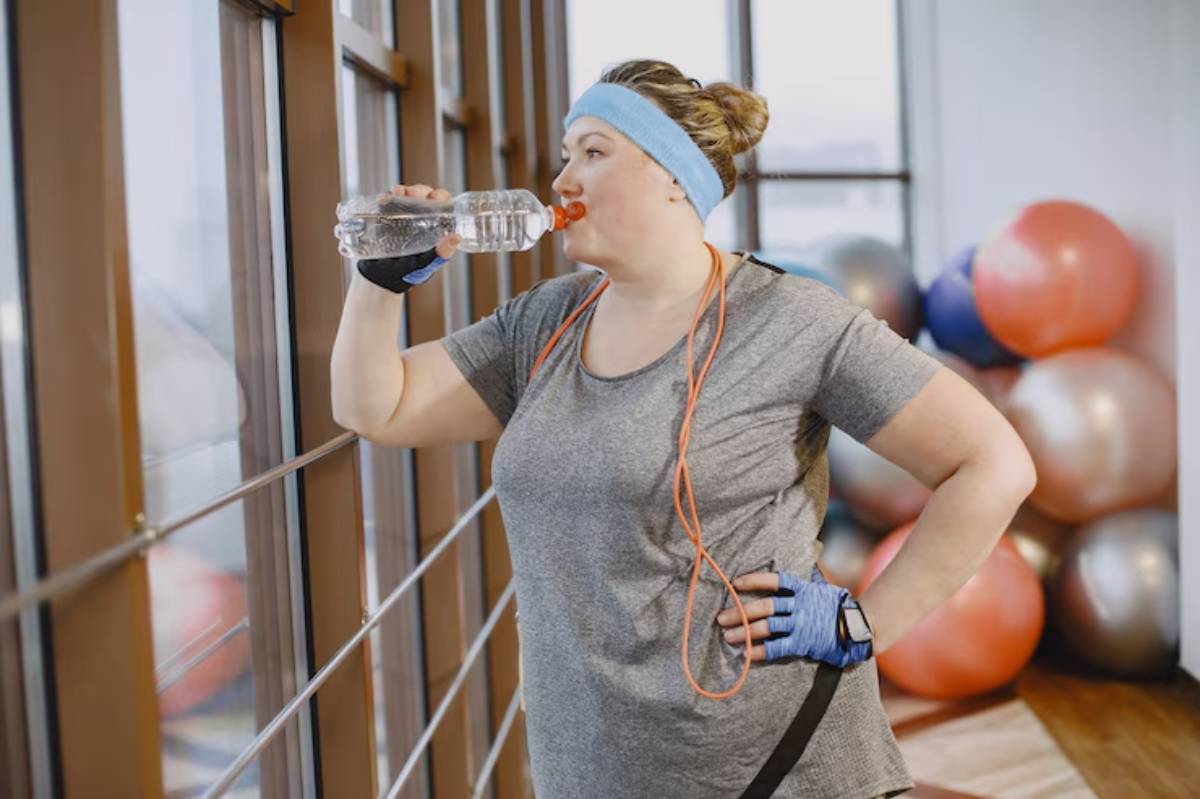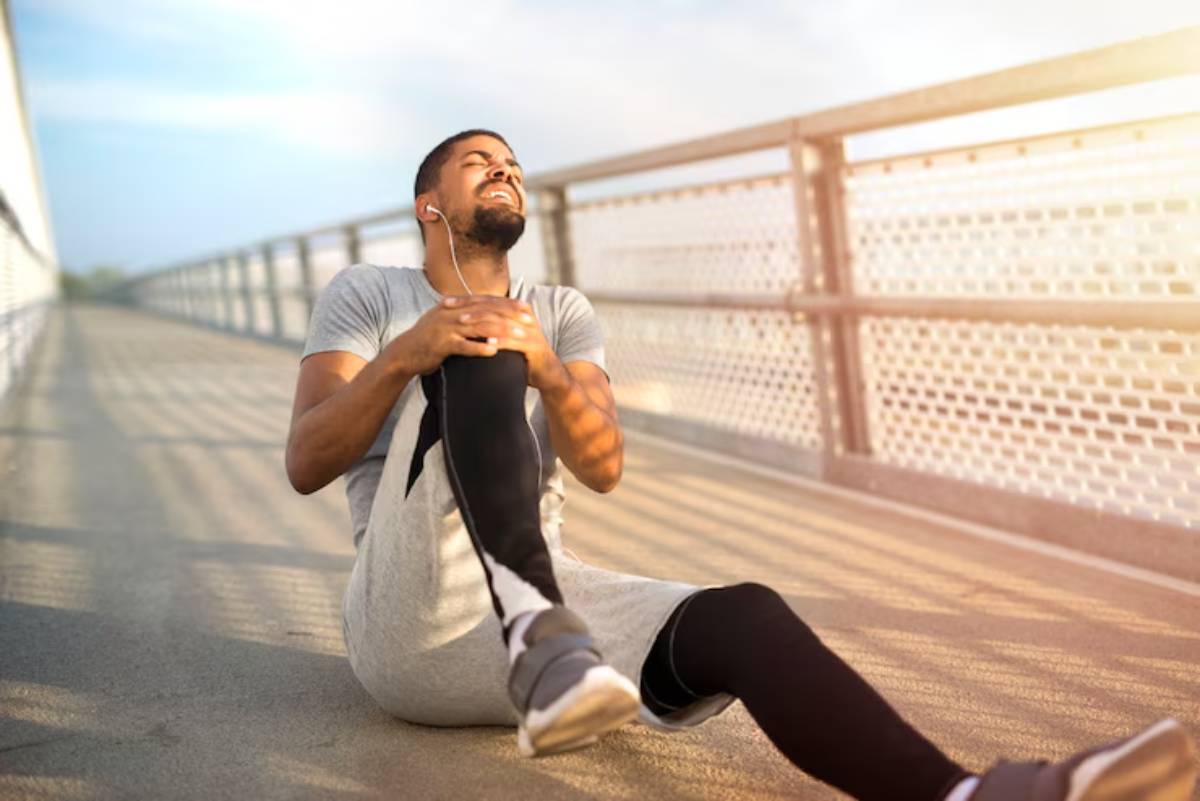
Managing Digestive Issues During Exercise
You’re mid-run, mid-rep, or halfway through a spin class when it strikes: cramping, bloating, or urgent discomfort that throws off your rhythm completely. Few things are more frustrating than digestive issues sabotaging your workout.
The truth is, your digestive system and your exercise routine are closely linked. By understanding how to manage workout bloating relief, applying smart digestion tips for athletes, and tweaking your food timing strategies, you can train stronger, feel lighter, and perform at your best.
In this guide, we’ll unpack practical, real-world solutions to keep your gut happy while you move. Ready to finally conquer mid-workout tummy troubles? Let’s get started!
Why Digestive Issues Happen During Exercise
Exercise puts your body under unique stress, and that includes your gut.
Common Causes:
- Reduced blood flow to the digestive tract (blood is prioritised for muscles)
- Mechanical jostling (running, jumping)
- Hormonal shifts (especially cortisol)
- Poor food choices or timing
Expert Insight: Studies published in Gastroenterology Clinics show that moderate-to-high intensity workouts reduce splanchnic blood flow by up to 80%, impairing digestion.
Good news: With a few smart changes, you can avoid these gut disruptions.
Signs You’re Experiencing Exercise-Related Digestive Distress

- Cramping
- Bloating or “stomach fullness”
- Nausea
- Diarrhoea or urgency
- Heartburn
If you’ve ticked any of these off, it’s time to rethink your pre- and intra-workout nutrition.
Pre-Workout Food Timing Strategies
Timing what and when you eat is crucial.
2-3 Hours Before Exercise
- Full Meal: Moderate carbs, moderate protein, low fat, low fibre.
- Example: Grilled chicken breast + white rice + a small portion of steamed carrots.
30-60 Minutes Before Exercise
- Light Snack: Quick-digesting carbs, minimal fat, and protein.
- Example: Banana + tablespoon of peanut butter.
Golden Rule:
- Bigger meals need more digestion time.
- The closer to training, the simpler and smaller the meal.
Explore: Best Pre-Workout Meal Timing for Peak Performance
Digestion Tips for Athletes
1. Focus on Easily Digestible Foods
Choose “low-residue” foods to minimise bulk in your intestines:
- White rice
- Bananas
- Plain yoghurt
- Smooth nut butters
2. Limit Fibre Before Training
Fibre is essential for health but best consumed after intense workouts:
Avoid:
- Beans
- Cruciferous vegetables (broccoli, cauliflower)
- Wholegrain breads
3. Stay Hydrated (But Not Too Much at Once)

- Sip water consistently throughout the day.
- Avoid chugging large volumes right before or during exercise.
4. Moderate Caffeine Intake
- A small coffee can boost energy.
- Too much may irritate the stomach and speed up digestion uncomfortably.
Real-World Tip: Ben switched from a double espresso pre-workout to green tea and found his stomach issues drastically reduced.
Food Timing Strategies: Before, During, and After Workouts
Timing: Best Foods, Foods to Avoid
2-3 Hours Pre: Chicken, rice, carrots, High-fat heavy meals
30-60 Min Pre: Banana, rice cake, yoghurt, Fibre-rich fruits, beans
During Exercise: Electrolyte drink if needed, Anything solid
Post-Workout: Smoothie, protein shake, Greasy fast food
Important: Liquid calories digest faster — great for rapid post-workout recovery.
Intra-Workout Tips for Gut Comfort
1. Stick to Simple Drinks
- Water
- Electrolyte solutions (without high sugar)
- Light carb drinks (e.g., maltodextrin-based)
2. Avoid New Foods or Drinks
- Don’t try a new supplement or gel during a critical training session or event.
3. Manage Heat and Intensity
- Extreme heat exacerbates gastrointestinal stress.
- Adjust your hydration and effort accordingly.
Explore: Hydration Tips to Avoid Mid-Workout Slumps
Supplements That May Support Digestion
Probiotics
- Support gut health long-term.
- Take daily, not just pre-workout.
Digestive Enzymes
- Help break down carbs, proteins, and fats more efficiently.
- Useful if consuming larger pre-training meals.
Electrolytes
- Maintain fluid balance and reduce cramps.
Caution: Always test supplements during non-competitive training days first.
Common Mistakes to Avoid
- Eating huge meals too close to exercise.
- Over-hydrating immediately before training.
- Taking new supplements on race or event day.
- Neglecting post-workout rehydration and nutrition.
Pro Tip: Keeping a food and workout journal can help you identify patterns and problem foods.
Real-World Success Stories
Sophie’s Story: Sophie, a triathlete, used to experience bloating halfway through long rides. She transitioned to low-fibre meals the day before her long training and replaced solid intra-workout fuel with liquid carbs. Now, she powers through without any discomfort.

James’s Experience: James loved spicy burritos pre-workout (oops!). After realising the link between his cramping and his meal, he switched to white rice and plain chicken two hours before lifting — and his PRs improved dramatically.
Myth Busting: Digestive Issues and Workouts
1. “It’s normal to feel bloated during exercise”
Reality: Mild discomfort can happen occasionally, but persistent bloating is a sign something needs adjusting.
2. “More water is always better”
Reality:Overhydrating right before exercise can worsen bloating.
3. “You must eat a huge meal for energy”
Reality: Timing and composition matter more than meal size.
Key Takeaways:
- Prioritise low-fibre, low-fat foods pre-training.
- Time meals appropriately based on their size.
- Stay consistently hydrated but avoid last-minute chugging.
- Experiment thoughtfully to find what works best for your body.
Train Stronger, Digest Smarter
You don’t have to choose between peak performance and gut comfort. By following these digestion tips for athletes, applying smarter food timing strategies, and building a personalised plan for workout bloating relief, you’ll feel lighter, stronger, and more powerful in every session.
Now it’s your turn! Have you conquered digestive issues during workouts? What strategies worked for you? Drop your experiences and tips in the comments — let’s build a community of stronger, happier athletes!